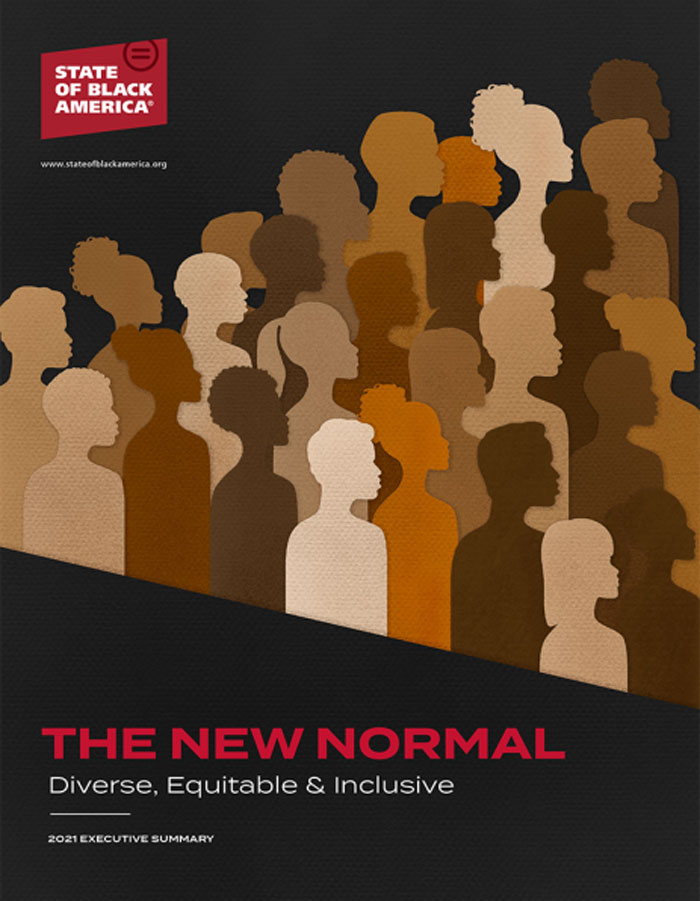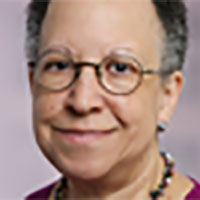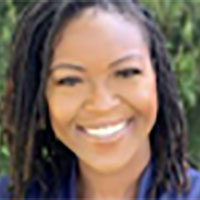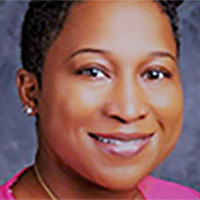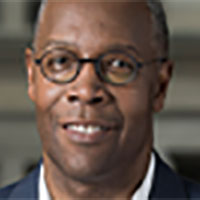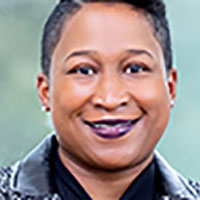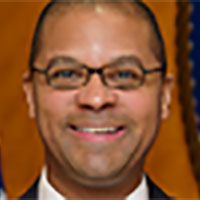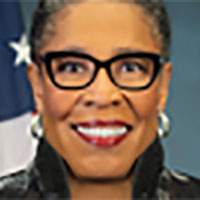2021 Report
The 2021 Executive Summary of the State of Black America report, titled "The New Normal: Diverse, Equitable & Inclusive," is a significant document that continues the National Urban League's tradition of providing insightful analysis and commentary on racial equality in the United States. This report, a hallmark of the National Urban League since 1976, delves into various aspects of racial inequality, including economics, employment, education, health, housing, and criminal justice.
The 2021 report is particularly notable for its exploration of the impact of the COVID-19 pandemic on communities of color. It highlights how structural racism in America exacerbated the pandemic's effects on Black, Latino, and Indigenous communities, leading to severe health impacts and highlighting deep-rooted inequities. The killing of George Floyd and Breonna Taylor's death underlined these crises, sparking international protests and a renewed focus on racial justice.
This edition of the report calls for a reimagining of a new, diverse, equitable, and inclusive normal. It emphasizes the importance of partnerships, like those with the Johns Hopkins Center for Health Equity, to address health inequities and other critical issues like police reform, voter suppression, student loan debt, and prison reform. The report stresses the need to close the generational wealth gap and maintains a hopeful outlook towards a future where collective efforts can bring about significant change in upholding the nation's values.
Executive Summary
Since its first appearance in 1976 under the stewardship of the late Mr. Vernon E. Jordan, Jr., the organization’s fifth president, the State of Black America® remains one of the most highly anticipated benchmarks and sources for thought leadership around racial equality in America across economics, employment, education, health, housing, criminal justice and civic participation. Each edition contains penetrating commentary and insightful analysis from recognized authorities and leading figures in politics, the corporate and tech sectors, the nonprofit arena, academia and popular culture.
The 2021 State of Black America®, The New Normal: Diverse, Equitable & Inclusive, continues to build on our COVID-19 reporting and asks: “Where do we go from here?” ...
Learn more Download
